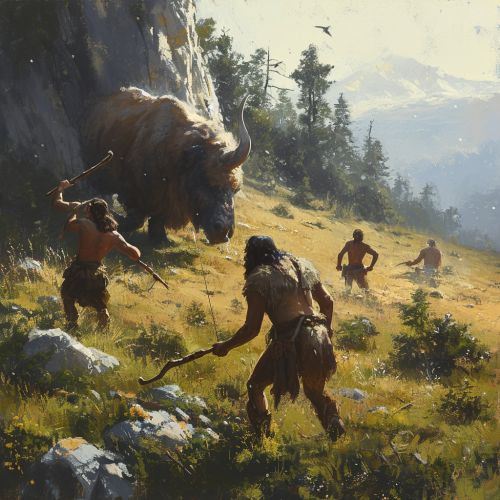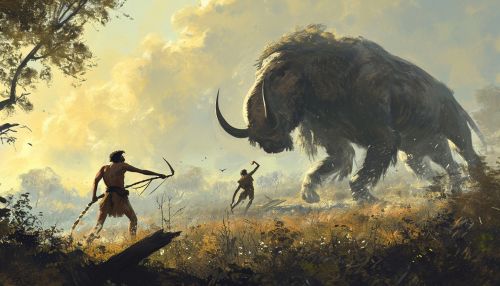Evolution of Human Diet
Introduction
The evolution of the human diet has been a pivotal journey, shaping not just our nutritional intake but also our social, cultural, and economic practices. It has been a process of adaptation and change, driven by a variety of factors including environmental changes, technological advancements, and cultural evolution. This article delves into the various stages of this evolution, from the early hunter-gatherer diets to the advent of agriculture and the modern diet.
Early Human Diet
The diet of early humans was primarily determined by what was readily available in their environment. As Homo habilis, the first known species in the human lineage, evolved in Africa around 2.3 million years ago, their diet consisted of a variety of foods including fruits, nuts, roots, and meat. The consumption of meat, in particular, is believed to have played a significant role in human evolution, contributing to the development of larger brains.


Advent of Cooking
The discovery of fire and the advent of cooking, which occurred approximately 1.9 million years ago, significantly impacted the human diet. Cooking not only made food safer to eat by killing pathogens, but it also made it easier to digest, allowing early humans to derive more energy from their food. This increased energy intake is believed to have supported the growth of our brains, leading to the evolution of Homo erectus, a species with nearly twice the brain size of its predecessors.
Agricultural Revolution
The Neolithic Revolution, also known as the Agricultural Revolution, marked a significant shift in the human diet. Around 10,000 years ago, humans began to transition from a nomadic, hunter-gatherer lifestyle to a more settled, agricultural one. This led to the cultivation of crops such as wheat, barley, and legumes, and the domestication of animals for meat, milk, and labor. The advent of agriculture not only diversified the human diet but also led to the development of permanent settlements and complex societies.
Industrial Revolution and Modern Diet
The Industrial Revolution in the 18th and 19th centuries brought about another significant change in the human diet. The advent of industrialized farming and food processing techniques led to the mass production of food, making it more accessible and affordable. However, this also led to a shift towards a diet high in processed foods, which are often high in sugars, fats, and salts. This shift has been linked to the rise of diet-related health issues such as obesity, heart disease, and diabetes in modern societies.
Conclusion
The evolution of the human diet is a complex and ongoing process, shaped by a multitude of factors. From the early days of hunting and gathering to the advent of agriculture and industrialization, our diet has undergone significant changes. Understanding this evolution not only provides insights into our past but also has implications for our present and future dietary practices.
